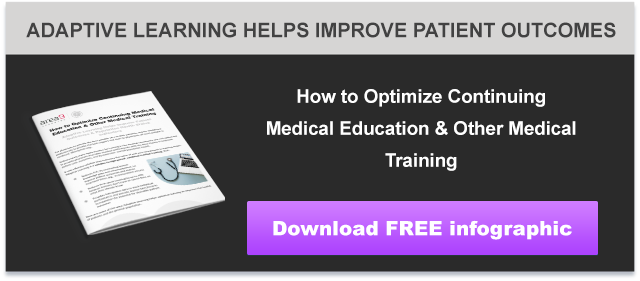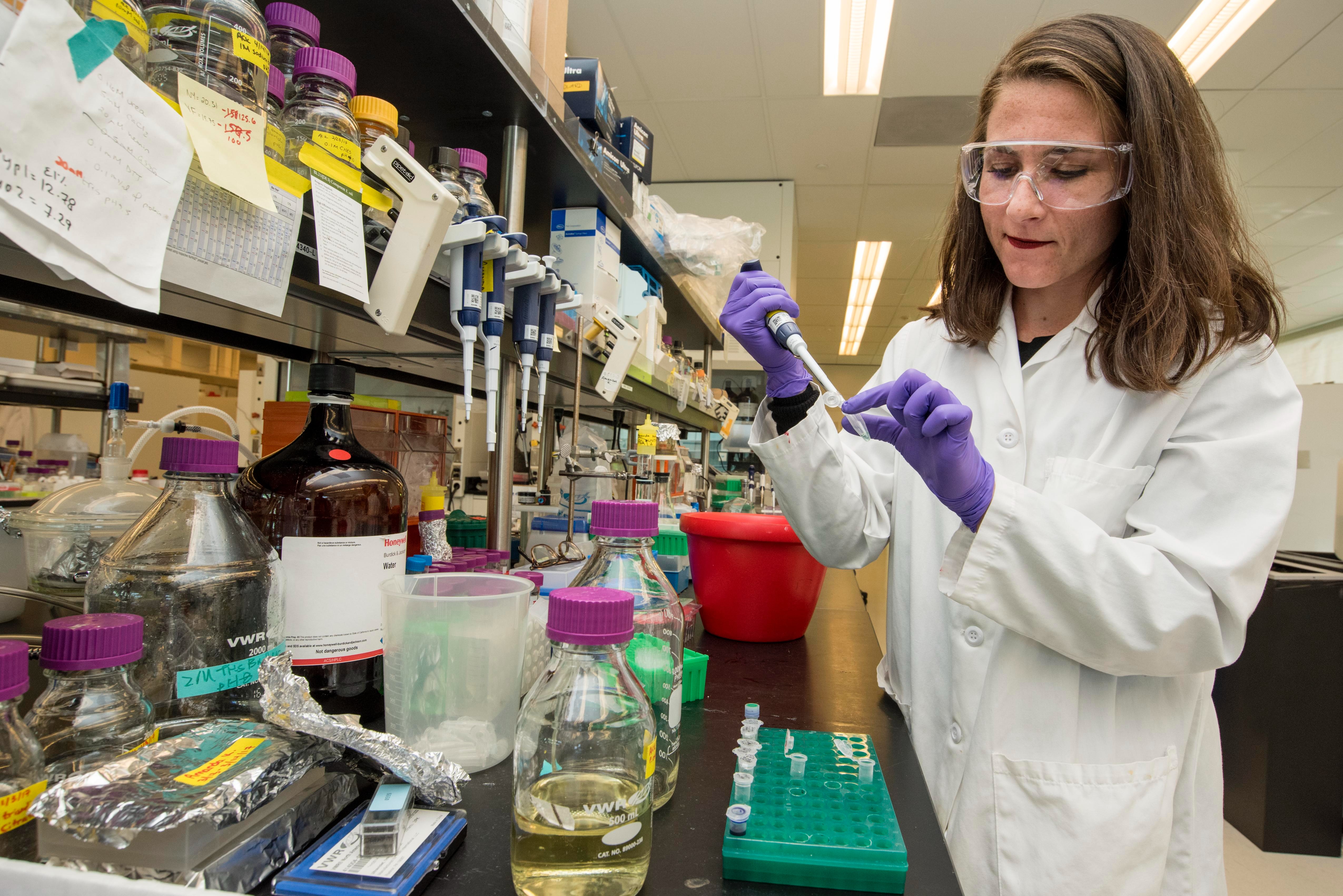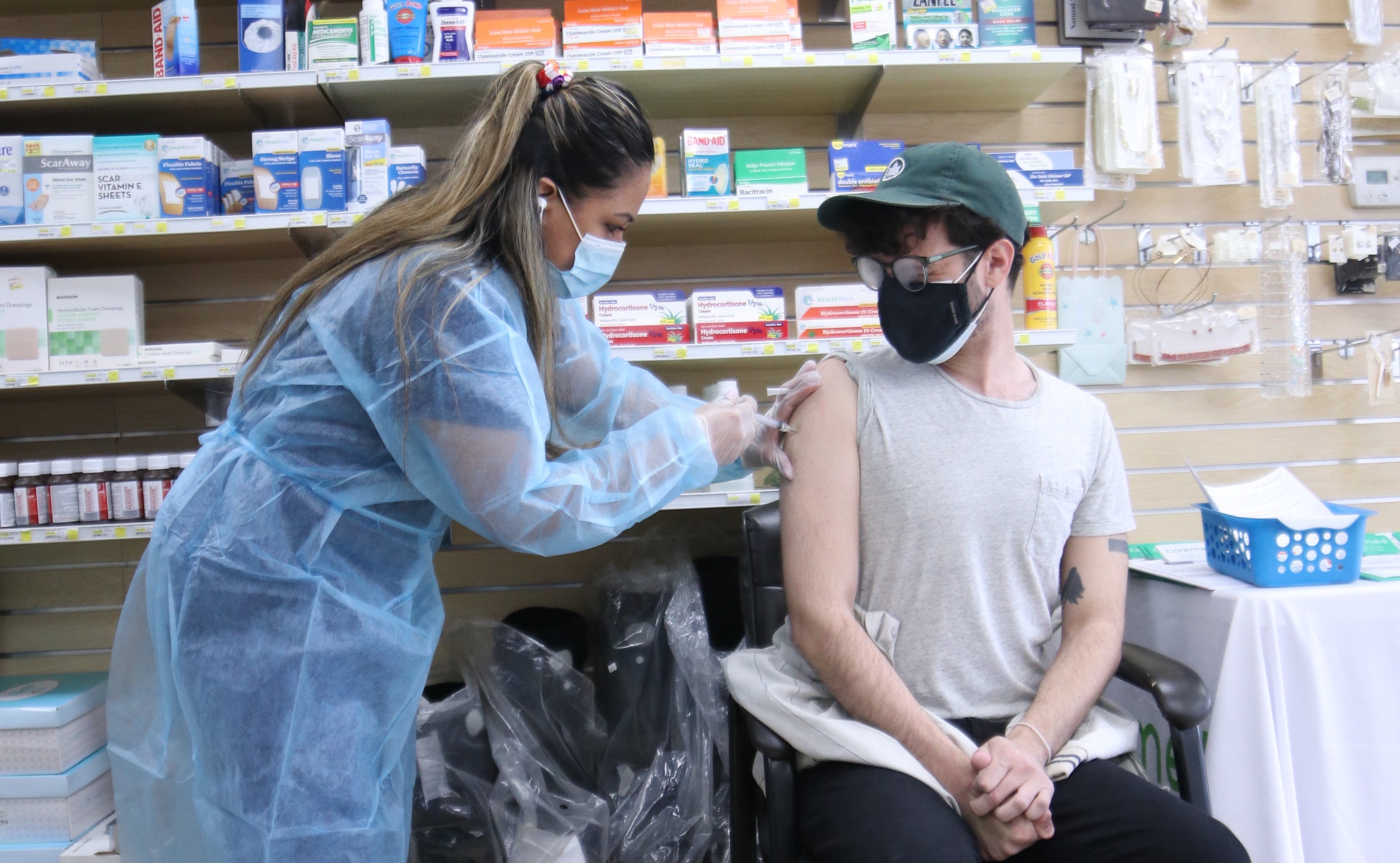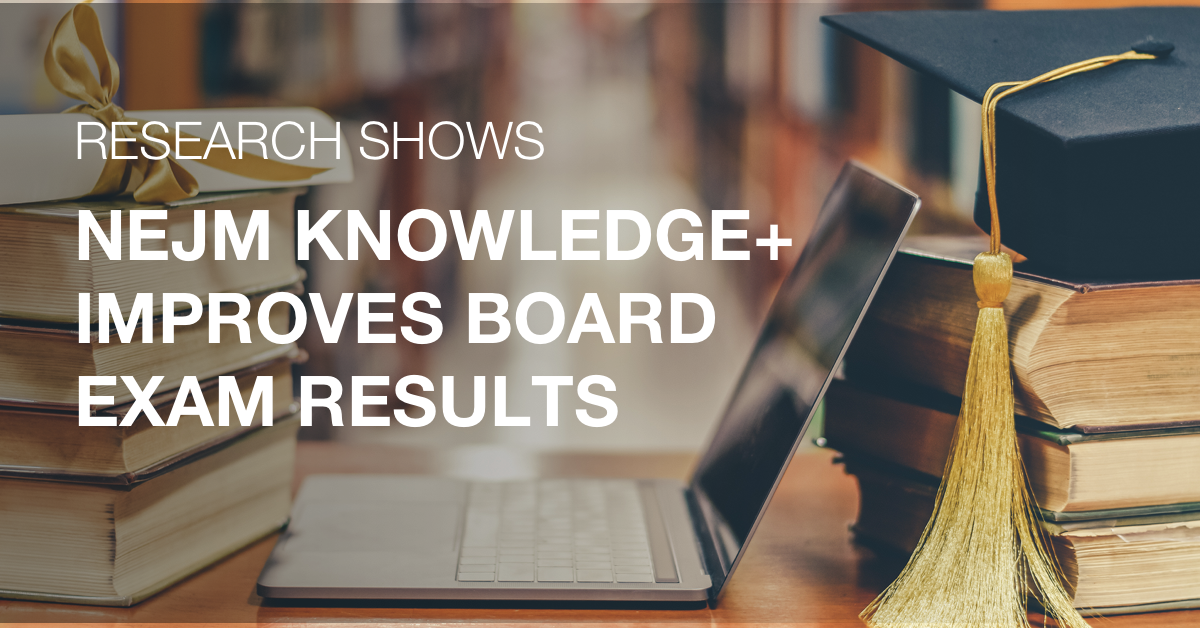Gamification — the use of game-like scenarios for teaching or training purposes — is trending. Supporters cite several advantages to using gamification techniques, including increased learner engagement and enjoyment. For healthcare professionals, among the most time-poor in the world, increased engagement and enjoyment will make training less boring. But does gamification in healthcare training actually work to improve content mastery?
Sometimes, yes.
A study by Beth Israel Hospital found that surgeons who played video games performed better at laparoscopic surgery than those who didn’t. Gamification can also help healthcare professionals improve outcomes for diabetic patients.
But is gamification truly the best alternative to traditional healthcare training? Despite the benefits of gamification, Adaptive Learning is still the best alternative to traditional methods because it trains better, faster, and more efficiently, while training at scale and with broad training uses. In contrast, gamification techniques are only beneficial in specific uses.
Adaptive Learning Outperforms Gamification in Healthcare Training
Adaptive Learning is better for meeting healthcare training needs than gamification for 3 main reasons:
1) Time
While gamification aims to make study time enjoyable, it does not actually reduce study time. That’s because learners are all exposed to the same material, whether or not they have already mastered it.
Adaptive Learning, on the other hand, is proven to train up to 50% faster than traditional methods, without sacrificing quality. That’s because Adaptive Learning personalizes to each learner, so no one needs to spend time on material they have already mastered.
For healthcare professionals, time is a rare and valuable asset; a training solution that saves time without sacrificing learner mastery will preserve this asset.
2) Unconscious Incompetence
Unconscious incompetence in healthcare, or what healthcare professionals don’t know they don’t know, can have devastating consequences when they result in medical mistakes.
Gamification does not uncover unconscious incompetence, nor does it remedy it. Adaptive Learning does.
Data from Area9 corporate clients show that employees can be between 20–40% “unconsciously incompetent” in critical competencies that they are required to master in order to perform their jobs. One possible outcome of unconscious incompetence in healthcare is medical mistakes and poorer patient outcomes.
Through formative assessment, each learner’s strengths and weaknesses are uncovered, including areas of unconscious incompetence.
Adaptive Learning’s personalized training method targets each learner’s unique knowledge gaps while taking into account their core strengths.
3) Recharge
We don’t remember everything we learn the first time we learn it. For this reason, it is necessary to recharge learning from time to time to ensure that old material is never forgotten.
While gamification may be great to develop fine motor skills, Adaptive Learning’s Recharge function, on the other hand, counters learner memory decay from lack of practice and application by exposing learners to specific information in different ways to boost retention.
Unlike gamification’s random repetition of materials, Adaptive Learning’s personalized curriculum will repeat only those topics that are necessary for each individual learner.
How does Adaptive Learning know what topics need to be recharged? Through formative assessment.
Formative assessment allows the Adaptive Learning biological model to create a personalized learner profile that the AI then uses to choose learning materials to target specific gaps in knowledge. In this way, learners will only ever be exposed to material they need to know to move them to learner mastery faster.
Adaptive Learning Is Better for Healthcare Training Than Gamification
Gamification has its advantages in education and training. But to meet the training needs of healthcare professionals, Adaptive Learning is better suited and more in tune to the needs of individual learners through its use of formative assessment and the biological approach.
Better targeted and faster training will result in greater learner mastery. And better trained healthcare professionals will do their jobs better, with fewer damaging errors.
Want to learn more about how Adaptive Learning can improve your healthcare training outcomes? Download this infographic.
Dr. Claus W. Biermann, MD, MPH
Executive Vice President
Global Health Care Education
Area9 Lyceum
References:
https://trainingindustry.com/articles/e-learning/how-health-care-can-benefit-from-gamification/





